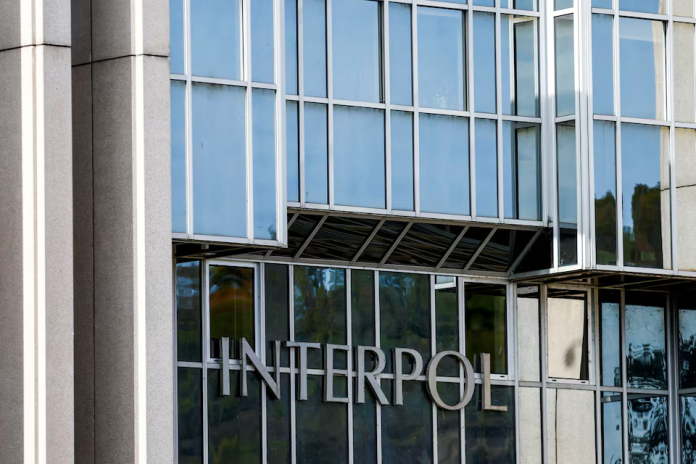Organized crime syndicates, which have capitalized on the pandemic to proliferate human trafficking and cyber scam operations, have expanded their reach from Southeast Asia to establish a global network generating up to $3 trillion annually, stated Interpol’s Secretary-General, Jurgen Stock, on Wednesday.
Stock emphasized that these criminal groups, empowered by online anonymity and innovative business models, have experienced unprecedented growth, thanks in part to the COVID-19 pandemic. What initially emerged as a regional issue in Southeast Asia has now escalated into a worldwide human trafficking crisis, impacting millions of individuals, both as victims and targets of cyber scams.
The proliferation of cyber-scam hubs, frequently exploiting coerced labor under the guise of legitimate employment, has allowed criminal organizations to diversify their revenue streams beyond traditional drug trafficking. While drug trafficking remains a significant source of income, contributing 40% to 70% of criminal groups’ profits, there’s a clear trend of diversification into other illicit activities, such as human trafficking, arms trafficking, intellectual property theft, and car theft, utilizing existing drug trafficking routes.
Stock highlighted the staggering scale of illicit proceeds, estimating that $2 trillion to $3 trillion are funneled through the global financial system annually, with individual organized crime groups raking in up to $50 billion per year.
Last year, the United Nations reported that over 100,000 individuals were trafficked into online scam centers in Cambodia, shedding light on the magnitude of the issue. Additionally, Myanmar’s cooperation with China in apprehending thousands of Chinese telecom fraud suspects underscores the international scope of these criminal operations.























